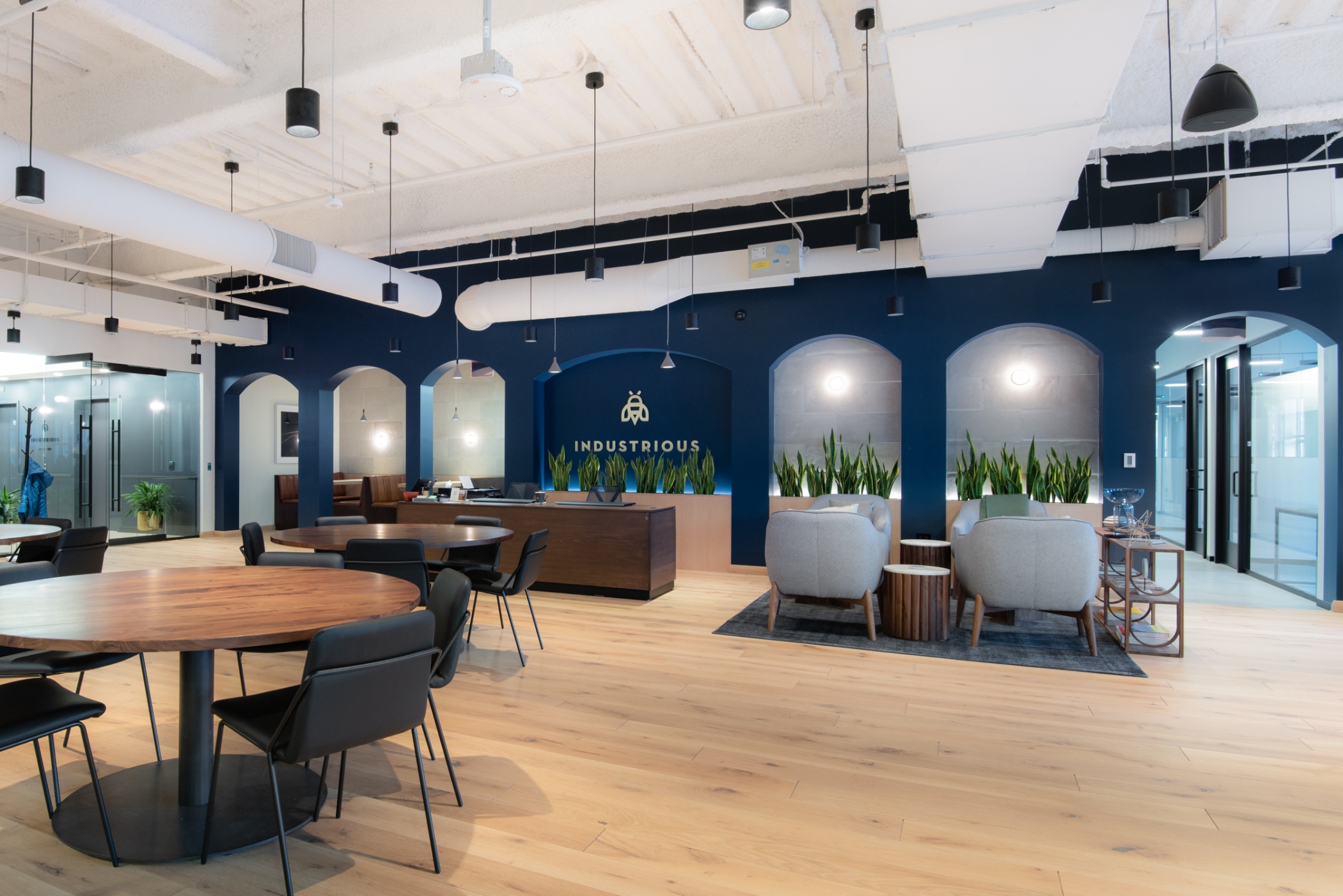The CEO of the world's largest commercial real estate services company said the firm is seeing less activity and reduced strength in incoming business as a result of concern related to U.S. tariffs.
Bob Sulentic, who is also the chair of Dallas-based CBRE, indicated to investors and analysts that the Trump administration's shifting trade policy and disputes with other countries have led to uncertainty whether the firm can build in coming months on its better-than-expected performance of the first quarter.
"As the first quarter ended, most of our businesses were performing better than expected and our new business pipelines were strong," he said Thursday on a conference call to discuss CBRE's earnings. “Since then, driven by the uncertainty created by the tariff situation, our outlook has become less clear. Even in light of this, our current activity levels and new business pipelines continue to be strong, just somewhat less than they were."
His uncertainty reflected comments by the CEOs of major U.S. banks in reporting their first-quarter earnings earlier this month. CBRE is the first major commercial real estate firm to release its results for the quarter and sets the stage for others such as JLL, Cushman & Wakefield, Colliers International and Newmark to report in coming weeks.

CBRE maintained its outlook for the year that it gave investors in February, while it normally would have raised revenue projections based on the strong first quarter, executives said. CBRE is moving forward with the assumption of "choppiness and a risk of a recession," Sulentic said.
For example, CBRE raised nearly $5 billion in the first three months of the year from investors in the firm's funds and accounts the company manages, a robust figure that surprised top leaders, Sulentic said. But that investment has slowed.
"Our expectations by the end of the first quarter had gone from beyond where we were going into the year and we have pulled back roughly consistent with where we were going into the year," he said. "We went from a really enthusiastic picture to one where there's some choppiness out there," Sulentic added.
CBRE's better-than-expected results were driven by a 19% gain in global leasing revenue in the first quarter from the same time in the prior year, as well as a 13% gain in global property sales revenue.
Aiming for resilience
The strong first quarter was driven by CBRE's so-called resilient businesses, including project management, facilities management, loan servicing and investment management fees, as well as the firm's transactional businesses, such as leasing and capital markets, Chief Financial Officer Emma Giamartino said on the call. Both of those business lines had double-digit year-over-year growth in the first quarter. About 60% of CBRE's operating profits in the past 12 months were tied to resilient segments, Giamartino added.
The increase in global leasing revenue was fueled by a 38% jump in revenue from U.S. office leases. Total U.S. office leasing revenue was the highest for any first quarter in CBRE history, the firm said, with six markets — New York City, San Francisco, Los Angeles, Chicago, Boston and Washington, D.C. — driving those results. Markets including Atlanta, Dallas, Houston and Miami also delivered double-digit office leasing growth.
Scarcity in sought-after office space "not just on Park Avenue, but all over the gateway and second-tier markets" has made companies prioritize office space and led leasing activity to return to average, Sulentic said. "There's choppiness of the economy, but it's not impacting the enthusiasm for office space at this point."
While industrial leasing outperformed expectations, space for 700,000 square feet and above has slowed, but space below that size has had good leasing momentum, he said. U.S. industrial leasing revenue was up 12% year over year, driven by leases from third-party logistics providers, Giamartino said.
Leasing for U.S. retail revenue was also up 34% in the first quarter.
Global property sales also saw a 13% growth in the first quarter, she said, helped by a 26% gain in U.S. property sales, with an uptick in multifamily and industrial sales. The firm's mortgage origination business had a 53% growth in fees in the quarter.
The firm is building its U.S. pipeline of projects through its development arm Trammell Crow Co. that focuses on office, industrial and multifamily real estate. Trammell Crow started 12 projects in the first quarter compared with 26 projects that got underway in all of 2024. The types of projects that got underway in the first quarter were not disclosed.
CBRE's new business operations and experience segment that includes its deal to take full ownership of coworking company Industrious in January had net revenue rise 22%. Other businesses, including project management and data centers, also saw strong performance in the first three months of the year.
Year-to-date, CBRE repurchased nearly $600 million of its shares. In all, the firm deployed about $1 billion in capital, including M&A, share repurchases and co-investments. CBRE ended the quarter with $149 billion of assets under management — up nearly $3 billion since the end of 2024, driven in part by higher asset values.
The choppy economy could bring more mergers and acquisitions opportunity for CBRE, Sulentic told investors.
"Choppiness builds momentum for us in the M&A world and we would expect our approach to M&A to play out nicely in a difficult market," he said. "I don't think we've ever been as well positioned to take advantage of a downturn as we are now because of our balance sheet, but also the success we've had with the companies we are interested in acquiring and are interested in being acquired by us."


